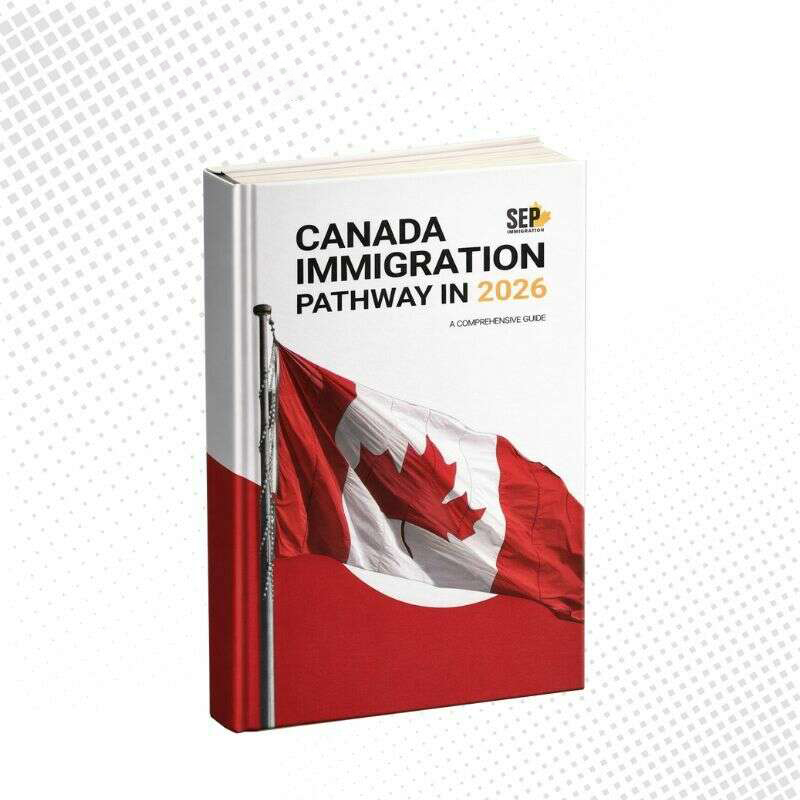
International students who are in Canada and have off-campus work authorization on their study permit will be allowed to work off-campus over 20 hours per week From November 15, 2022, until December 31, 2023.
Those foreign nationals who have already submitted a study permit application as of October 7, 2022, will also benefit from this policy if IRCC approves their application.
Generally, with a valid Canadian Study Permit, international students may be eligible to work for an employer outside the campus of the educational institution up to 20 hours per week during regular academic sessions, and full-time during scheduled breaks, such as the winter and summer holidays or spring break.
However, effective November 15, 2022, until December 31, 2023, Canada allows eligible international students to work over 20 hours per week while class is in session to help relieve Canada’s labour shortages.
According to Statistics Canada, Canada’s unemployment rate fell to 5.2 percent in September, down from 5.4 percent in August.
Why choose us?
We have been helping many applicants become permanent residents for years and have a high success rate. Our clients from almost 20 different countries have experienced this with us and you can be the next successful. We know how to prepare documents and how to make your immigration process smooth and easy for you. Contact us HERE to start the process today!
If you are not a Canadian Permanent Resident yet and you are not sure what the best way for you to immigrate to Canada is, please fill out our assessment form HERE and we will get back to you with your possible options.





